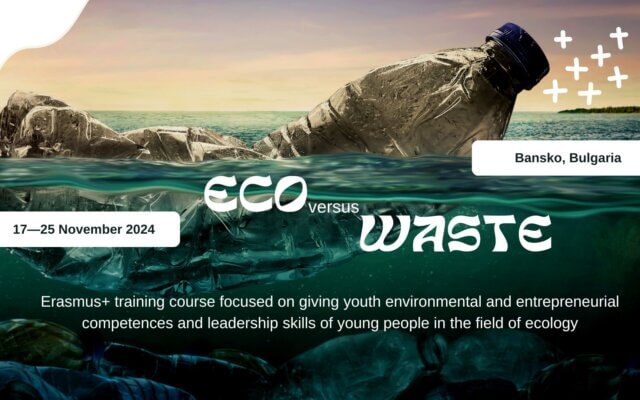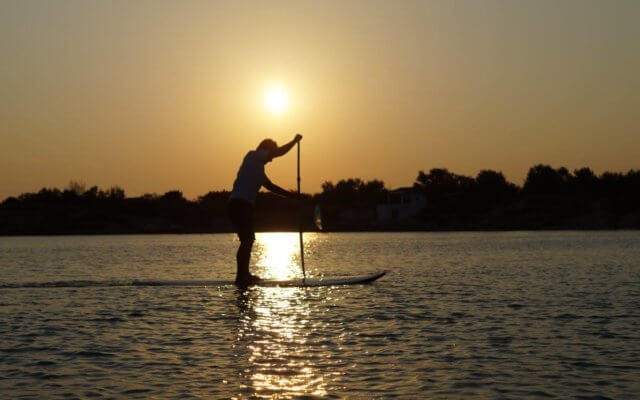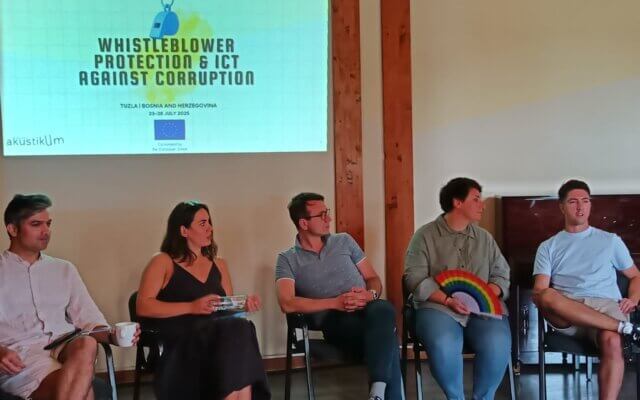Programme & action: ERASMUS+, Key action 1: training course
Please read the info-pack a daily activities schedule.
Venue: Limassol, Cyprus
Dates: 23-30 January 2015
Participants: Michal Havelka, Tereza Rýcová, Karolína Kolaříková
Participating countries: Greece, Bulgaria, Slovenia, Italy, Poland, Czech Republic and Spain
Project report:
Hats off to the organizers of this spectacular project that was focused on unemployment of the youth workers in Europe. People from eight different countries, namely Bulgaria, Cyprus, The Czech Republic, Greece, Italy, Poland, Slovenia, and Spain got together for this intense training course, which took place in a sunny city of Limassol. Believe me, both the choice of the participant nationalities and the topic of the project were not coincidental.
Picture an island where you can wear jeans and a t-shirt in January. Picture a city harboring plentiful of churches and mosques belonging to numerous religions. Picture young people (in their twenties let’s say) enjoying themselves in said environment. And now imagine that half of them have no job. And it was up to us, other young people stemming from all parts of Europe, to figure out how to change the odds in their favor.
We stayed at a 3* hotel where all activities were held, so we could stick together and get a deeper insight into the issue we were dealing with. Each meal of the day was served in a form of buffet, that way everybody could pick what they preferred at the moment. I was amazed by Cypriote hospitability; selection of the dishes was pretty vast every time.
The course of the project was carried out extremely well. It was structured, organized and connected. Moreover, the organizers were able to apply recommendations and wishes from the participants to fulfill the needs of both parties. In other words, both the working and social environment was suitable enough to support our learning process, aiming for a sufficient outcome from our part.
The fact that the project took place on Cyprus and that Greek people were included helped us a great deal when we tried to get in the shoes of unemployed youth workers. They provided not only vital information and experience about the issue, but also emotions and opinions based on real situations. We felt more involved, therefore we could come up with more accurate solutions and suggestions how to deal with the current state of rising unemployment.
The project incorporated many activities revolving around the main problem, helping to build up the core activity. That went as follows. First we divided the youth into separate categories based on similar traits. Then we made a typical profile of each category of youth and unemployed. And finally we proposed how to reach said people, how to get them involved and ultimately find them a job that would suit them.
To sum it all up, I’m very grateful for joining the training course as I have met many interesting people from whom I’ve learned so much. The nationalities didn’t matter at all, we were united in the attempt of finding solution to a very harmful issue that is crippling our generation nowadays. And when I saw the determination of the participants, the experience and patience of the organizers and the result we all made together in the end, I’m confident that we, young people, can fight back the economic crisis that is choking us Europeans and find our place in both the labor market and also in social life, and ultimately be happy!
Michal Havelka


